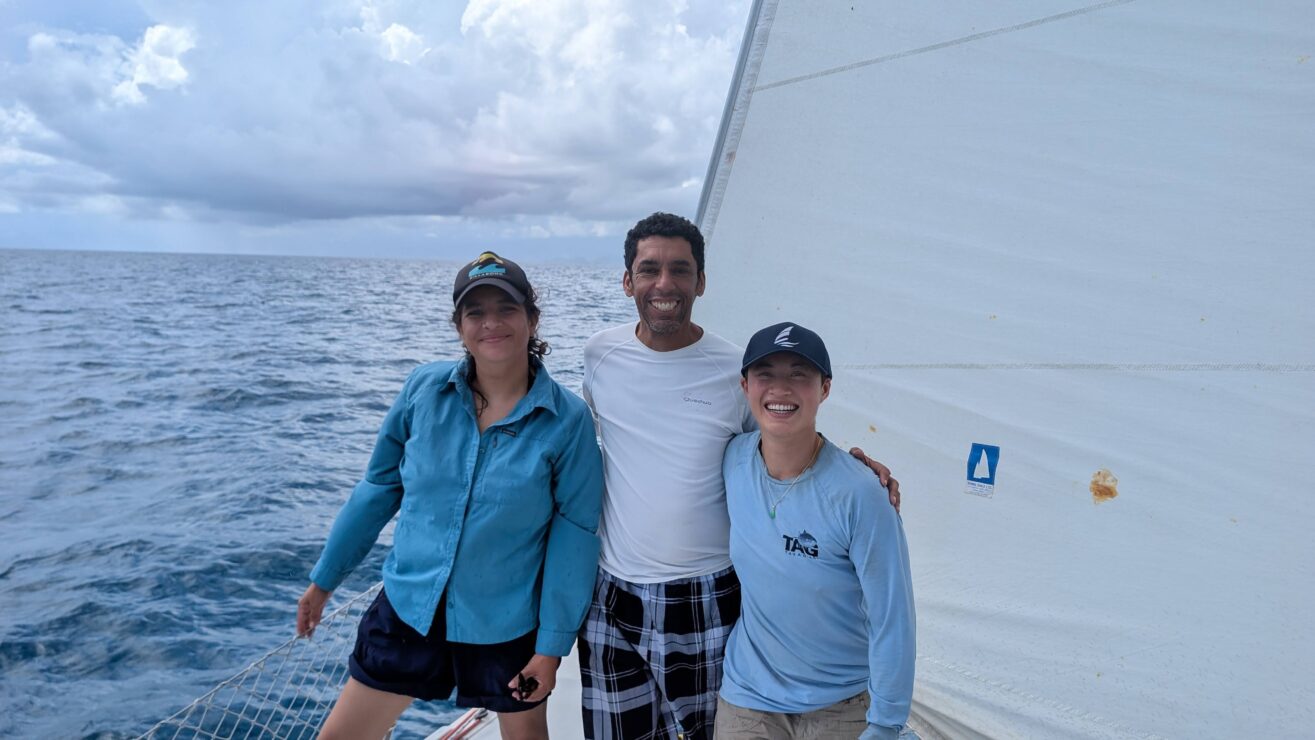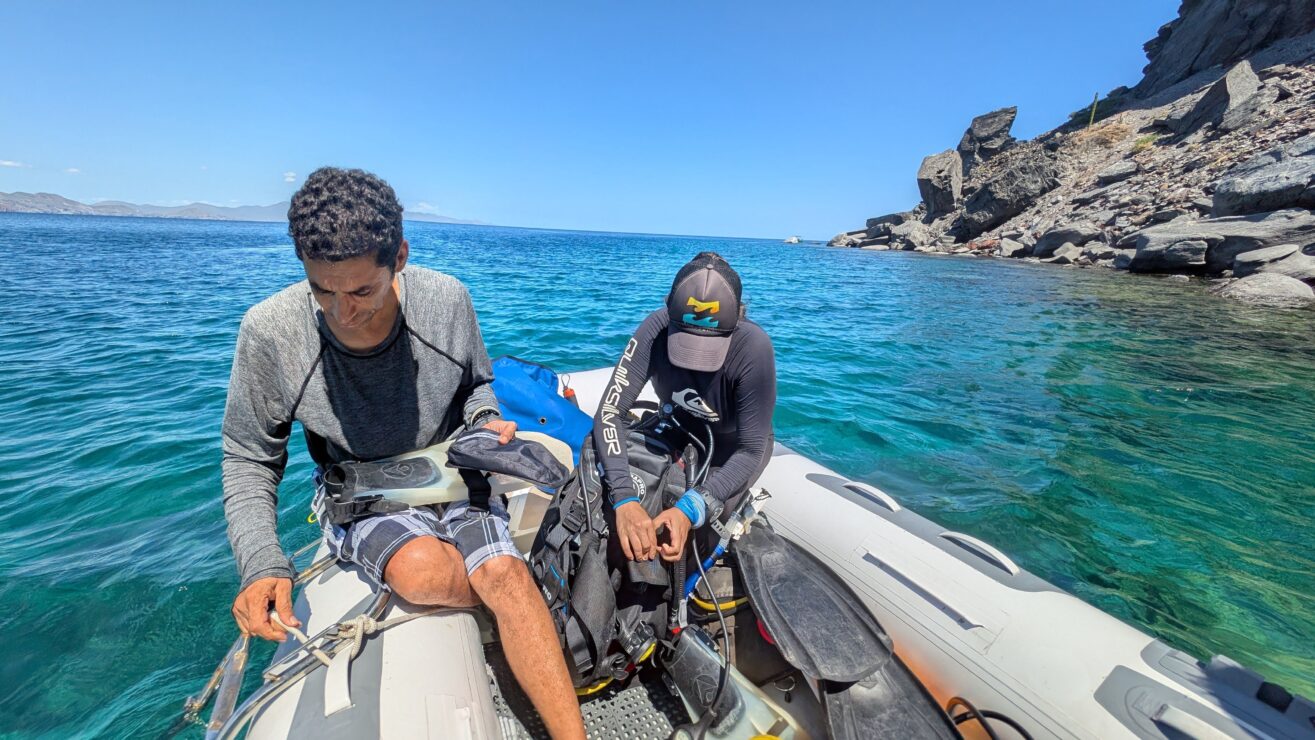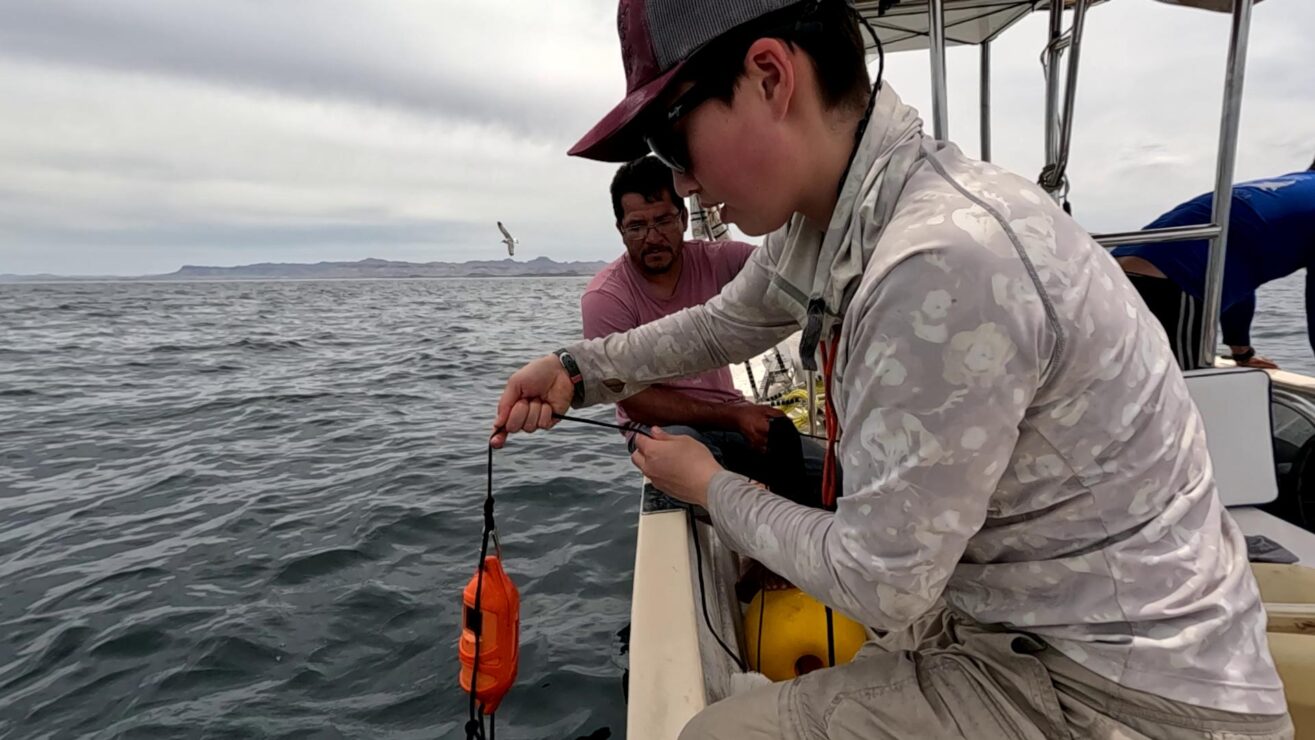Mapping small scale environmental variability in the Gulf of California
Marine heatwaves threaten biodiversity and artisanal fisheries in the Gulf of California. This project builds upon existing locally-led conservation efforts and aims to identify small-scale climate change refugia—areas buffered from heatwave events—to guide the climate-adaptive management.
Goals
1. Develop methods for identifying small scale climate refugia
2. Work with local NGOs, communities, and researchers to incorporate climate-smart strategies into existing conservation efforts
Objectives
1. Analyze historical environmental and ecological data to identify areas of interest
2. Deploy and maintain a network of temperature sensors to map temperature variability at sites of high conservation importance
3. Work with local stakeholders and organizations to incorporate climate refugia into management plans




Collaborators




